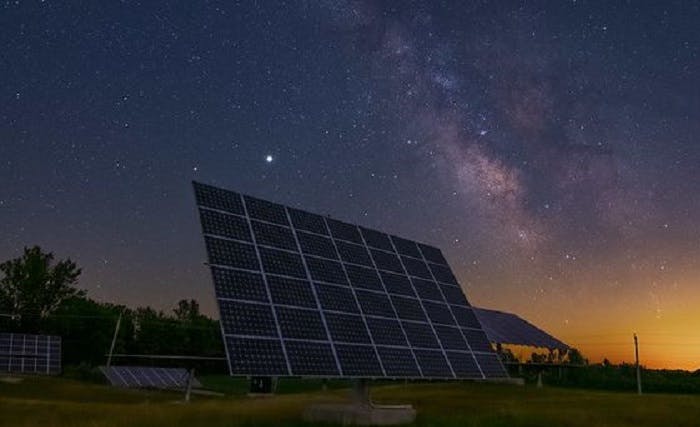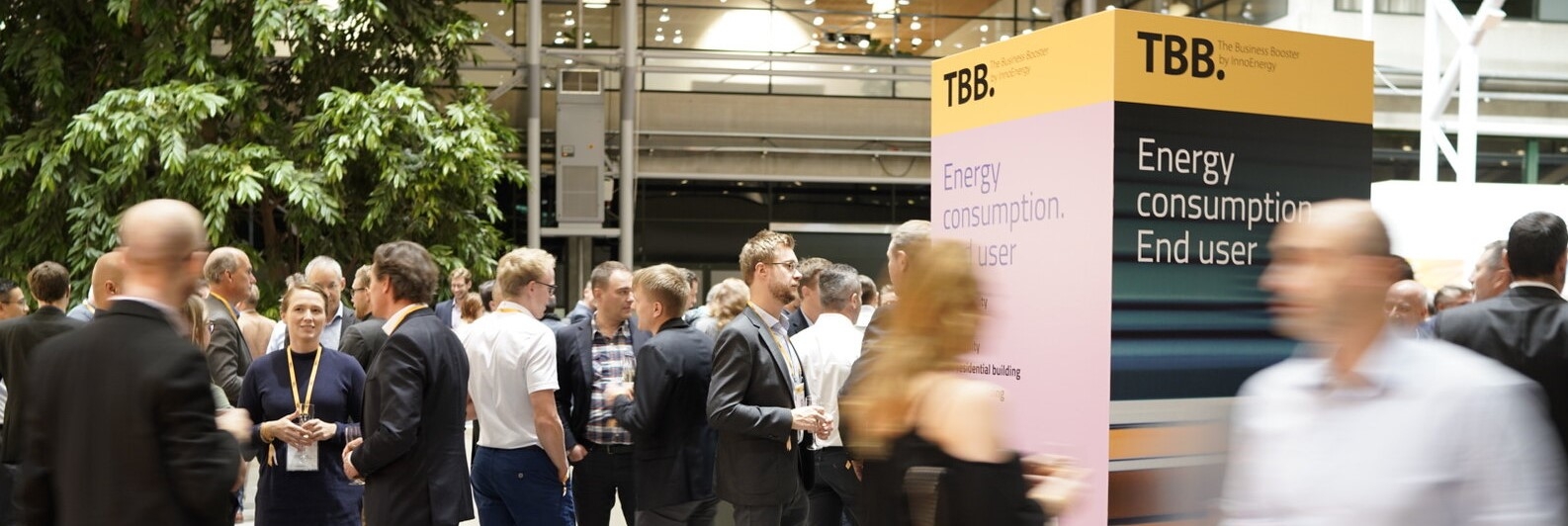Students tackle the challenges of energy accessibility sustainability in Tanzania & offer “What comes NEXT?” podcast

Bringing a new energy system to a remote off-grid area is a wonderful accomplishment. But once the engineers and experts leave – how can we ensure that the local community will get the most from the new system, keep it running and utilise it in the best way to improve their quality of life? A team of EIT InnoEnergy Master School students (Beatriz Roza, Luca Borghero, Felipe Salgado, Irma García, Isabella Sodi, Roselyn Luhur, Shu-Jung Liu, Juo-Yu Liao, Enrico Orani and Kynan Tjandaputra) have come up with a great way to answer these questions, using a small village in Tanzania as a model to develop solutions: “What comes NEXT?” podcast.
Uncovering a community’s real needs
During this integrated project of the year (iPoY, part of EIT InnoEnergy Master’s in Sustainable Energy Systems programme), the team dives deeply into existing solar hybrid mini grids in Africa and proposes solutions aligned with community needs. The project focuses on a village in Tanzania (Mpale) and in collaboration with Trama Tecnoambiental, an international consulting and engineering company specialising in renewable energy sources, considers many factors to ensure the community thrives, including:
- Technical solutions – studying the system is vital to understand the community’s consumption of electricity and ensure the continued functioning of the system.
- Socio-economical solutions – studying the community helps to understand their needs to improve their quality of life, such as optimising agricultural operations to provide a source of income and creating a feasible business model to implement.
As Roselyn Luhur explains, “The solutions we’re working on are according to the cultural and geographical location. It’s important to have the community tells us their needs instead of focusing on the bigger picture of ‘Energy Access in Africa’. It’s exciting to work alongside experts and in an actual community where we can apply all the knowledge we’ve gained throughout these master’s courses and have a real impact!”
An eye-opening programme where you learn from real-life projects
“One of the great benefits and biggest differentiators of the Master’s in Sustainable Energy Systems programme is that we have the chance to learn from real-life projects, such as the iPoY. EIT InnoEnergy offers an excellent balance of technical courses on renewable energy technologies together with business/management and entrepreneurship studies and training. We don’t face a fully academic environment; instead, we keep up with the corporate and real-world,” shares Beatriz Roza. Isabella Sodi adds, “It also broadens our horizons! Before this project, our knowledge about what’s going on (in terms of energy access) in Africa or other energy-constrained regions was minimal. Now we have access to people much more experienced in the field of development & energy access. It’s a privilege to listen to their stories as they interact with the local communities. For example, in our first podcast with Eduardo Bono from ‘Help for Optimism (H4O)’, he mentioned how before a solar panel installation in a health facility in Madagascar, a woman had to deliver her baby in the dark (with only light from a torch). This story contrasts highly with the hospitals located in our cities… and impassion us to think more critically, to put ourselves in different shoes when developing our solutions.”
A podcast is born
Since one of the project’s purposes is also to raise awareness and foster the creation of a network of experts, communities and companies – the team had the idea to share interesting material via podcast episodes. “It’s important during the current COVID-19 situation to reach out to as many people as possible regarding this important topic and obtain as much information as we can from experts while sharing their knowledge with our community,” Isabella says, “we’ve also created a website and LinkedIn profile where additional information regarding Energy Access can be found and links to our podcast ‘What Comes Next?‘. We are eager to learn and to share ideas, so if anyone is interested, please contact us.”
Technical and financial stability
As the team currently focuses on potential solutions to increase the productive use of electricity in Mpale, to optimise the available power from the grid and improve quality of life, they are also exploring business models to generate more income for the locals. Irma García adds, “Not only are we working on providing solutions for this community, but additionally we aim to shed more light on this topic and how Energy Access can encompass many more crucial aspects… in Africa and around the globe.”

